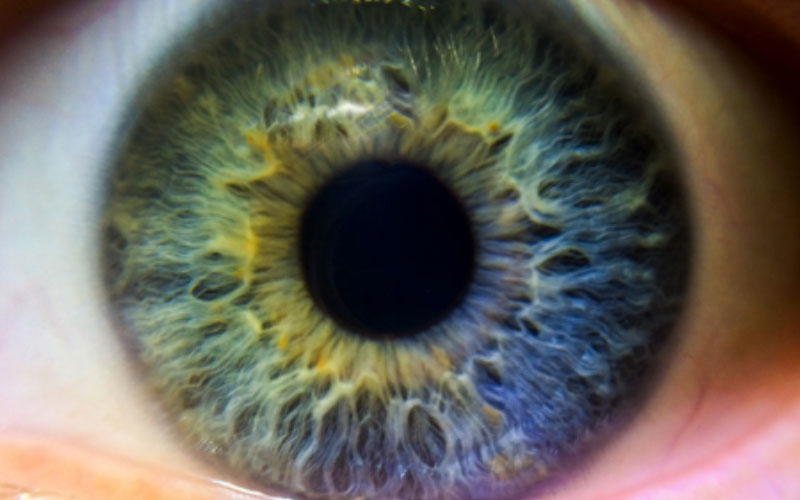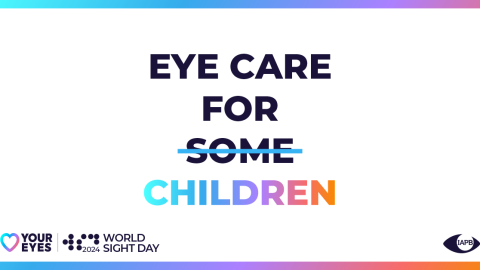
Young woman outdoors wearing a face mask and glasses, tarnished glasses
With the mandate to wear masks in public, everyday life is hazy for people who wear glasses and it is more than just a nuisance. Fogged up lenses can be a safety hazard. When vision is impaired by foggy lenses, the chances of tripping and falling are greater, and so are the chances of being involved in an accident while driving.
“Ordinarily in cooler weather, lenses can get fogged up when air condenses and miniscule water particles develop and attach to the surface of the lens. The problem is amplified when wearing a mask with glasses. As you breathe, warm breath migrates out of the top of your mask and forms condensation when it hits the cooler lens.
“As a glasses-wearer, you know that the irritation of having to constantly remove your glasses to wipe the lenses is the least of your worries. Foggy lenses can make you feel quite disorientated because your vision is obstructed. Some people also complain of feeling claustrophobic. It can be that unpleasant that some people have stopped wearing their glasses when they are wearing a mask. Obviously, this is not ideal when you need your glasses to see properly. The good news is that there is a solution,” says Ruahan Naude, CEO at Dynamic Vision.
He says there are several ways to prevent lenses from fogging up, with some being more effective than others. Washing glasses with soapy water and drying them with a microfiber cloth can be helpful but it could affect coatings that are applied to the lenses.
While there are various microfiber type cloths available on the market, Naude says not all of them are effective in preventing fogging. However, Dynamic Vision optometrists rather recommend spectacle lenses that is specifically designed not to fog up .
According to Naude, lens manufacturers are researching and introducing solutions. One of the most exciting is SEIKO’s FogLessCoat lens. In contrast to other unsatisfactory anti-fogging solutions on the market, this lens distributes moisture evenly by reducing the surface tension on both sides of the lens. Condensation can thus evaporate more quickly, allowing the lenses to remain transparent all the time. This way, the coating reliably keeps the wearer’s vision sharp, safe and fog free without having to continually demist the lenses manually.
“This includes when you are cooking, playing outdoor sports and when you move from a cool to warmer space. These are times when lenses typically get fogged up.”
To ensure that lenses maintain their anti-fog abilities for longer, they must be treated about once a week with FogLess Clean + Protect fluid. Applying it once a week enhances the anti-fog effect, prolongs its durability and makes cleaning the lens easier.
Naude concludes with a few tips:
- Rinse your glasses under clean, tap water before drying them
- Do not wipe lenses with tissue. These leave a lint which attracts moisture
- Always use a high technology microfiber cloth when cleaning your lenses
- Be cautious about using commercially available demisting sprays. Check with your optometrist first
- Do not apply shaving foam to your lenses or use soap to wash them. This can impact coatings that have been applied to them
- Avoid any hair gel, hairspray or deodorant on lenses
- Use a mask with a nose bridge or one that can be shaped to your face to limit the flow of warm air out of the top of your mask as you breathe out
- Never leave glasses lying face down on a hard surface or in the sun
- Always put your glasses away in their case when you are not wearing them








